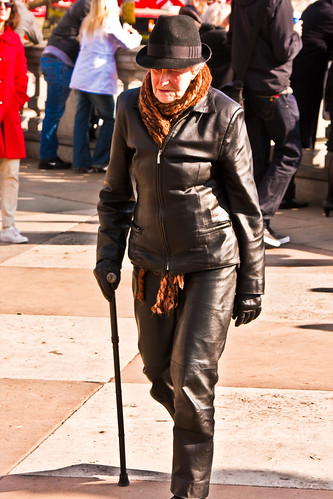A masonry chimney, whether it is crafted from bricks, natural fieldstones or concrete blocks, easily lends a rustic charm to any home. Beyond the aesthetic value it can give, however, it also effectively carries smoke or gases to the outside of the structure without causing damage to the structure it is attached to.
Although masonry chimney is inherently durable, frequent exposure to the effects of changing weather conditions can make it susceptible against different types of damages. As the chimney masonry itself is being heated by hot gases coming from the fire and then exposed to cold, wet temperatures outdoors, it experiences repetitive expansion and contraction, which in turn creates a lot of unnecessary movements to the masonry materials. Over time, such movements can cause the masonry materials and mortar joints to crack and crumble, resulting to the chimney’s early deterioration.
If you own a masonry chimney, of course, you want to ensure that you will be able to enjoy its service for a long time. To achieve that it is necessary to protect it against possible physical damages that can lead to its early deterioration. Here are some preventive measures you can follow to prevent your masonry chimney from failing.
Pay attention to the crown
As the crown or roof of your chimney is the main part that is always exposed to the elements outdoors, it should remain stable at all times. Make sure that the correct materials are used in making the crown of your chimney. It should also have the right design so that it will function correctly. If you find that the crown or a portion of it has cracked or deteriorated, carefully assess its condition and make the necessary repair to address the issue at hand. Where repair is not practical, it is a good idea to remove the crown completely and replace it with a new one.
Immediately repoint eroded mortar joints
As with any other masonry surfaces, the mortar joints of your masonry chimney may deteriorate due to constant exposure to freeze-thaw cycles. If let in such state, damaged masonry joints may allow moisture to penetrate through the mortar, which in turn can alter its structural integrity. To avoid that from happening, make sure to include repointing as a part of your chimney’s regular maintenance. However, rather than doing the repointing job on your own, it is best to hire a licensed stonemason to get the job done. This will ensure that the new mortar mix is compatible with your chimney’s masonry and it will be applied correctly into the joints.
Apply water-repellant coating
Due to the severe weather exposure that your masonry chimney is subjected to, it is a good idea that you give it an additional layer of protection in the form of water-repellant coating. This type of coating, which is applied on the “skin” of the masonry, will prevent water and salt penetration. Take not, however, that water-repellant coating should only be used after all the necessary repairs have been made on your chimney. If you apply it before doing repairs, the water-repellant coating will only hasten your chimney’s deterioration.
Have it inspected regularly
Of course, do not forget to have your chimney regularly inspected by a qualified stonemason. This step is crucial to determining the state of your chimney and will also allow you to immediately address issues before they become worse. As a rule of thumb, masonry chimneys should be inspected at least once or twice a year.
Ericka, who wrote the article above, is a freelance writer who has written a number of posts about stonemasonry. She also regularly writes content for McIntyre Masonry, a professional stonemason Glasgow company.




